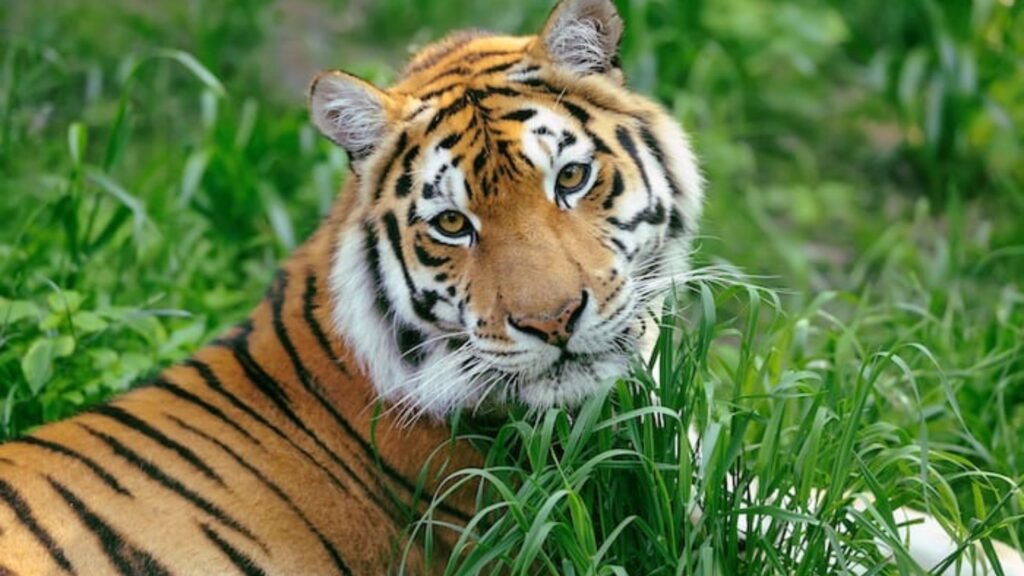Owning an exotic pet can be an exciting and unique experience. Exotic pets, from reptiles and birds to small mammals and even large cats, offer a different kind of companionship. However, before deciding to welcome an exotic pet into your home, it’s important to weigh the pros and cons. In this article, we’ll explore the benefits and challenges of owning exotic pets. Additionally, if you’re someone who enjoys unique experiences, you might find the thrill of owning an exotic pet akin to the excitement of playing at online casinos real money, where each game brings a new and thrilling adventure.

Discover Unique Content
Explore a range of creative content at Hannah’s Honeypot. For entertainment, you can also check out jokacasino real money online pokies. Whether you’re seeking artistic expression or online gaming, both platforms offer diverse experiences.
The Pros of Owning Exotic Pets
Uniqueness and Fascination
Exotic pets often have distinct characteristics that make them stand out. They can offer something that traditional pets like dogs and cats can’t. For instance, owning a colorful parrot, a venomous snake, or a rare amphibian can be fascinating and allow you to explore a whole new world of animal behavior. Their unusual traits can spark curiosity and interest among family members, friends, and even visitors.
Low Maintenance (for Some Species)
Compared to common pets, some exotic animals are easier to care for. For example, reptiles like lizards and turtles have minimal grooming needs. Many exotic pets don’t require the daily attention, exercise, and grooming that dogs or cats might. This can be beneficial for those with a busy lifestyle, as some exotic animals are quite independent.
Educational Experience
Owning an exotic pet offers an educational experience for both the owner and anyone else interested in learning about them. Exotic pets require specialized care, and this can teach pet owners valuable lessons in biology, environmental needs, and the importance of animal conservation. It can also open doors to discussing the species’ natural habitats and behaviors.
Reduced Allergies
For people who suffer from allergies, exotic pets may be a good option. Many exotic pets, such as reptiles or fish, don’t produce the same allergens that traditional pets like cats and dogs do. For individuals sensitive to pet dander, having an exotic pet might help avoid allergic reactions.
The Cons of Owning Exotic Pets
High Maintenance for Specific Species
While some exotic pets are low maintenance, others require complex care. Species like exotic birds or certain reptiles may need specific diets, temperatures, and habitats to thrive. This can require significant research, planning, and sometimes expensive equipment to replicate their natural environments. For example, a tropical bird may need specific humidity levels, while a reptile may need heat lamps and UVB lights.
Legal and Ethical Issues
Some exotic animals are not legal to own in certain areas due to concerns about the pet trade, environmental impact, or safety. Additionally, keeping certain species can contribute to the decline of wild populations. It’s essential to check local laws before purchasing an exotic pet. There are also ethical concerns about the practice of breeding or capturing exotic animals for pets, which can have adverse effects on their species in the wild.
Expensive Upfront Costs
Exotic pets can be expensive to obtain and care for. Unlike common pets that might only require basic food and grooming supplies, exotic pets often require specialized enclosures, food, and medical care. For instance, certain reptiles may require expensive heating systems, and some exotic birds need particular seeds or vitamins to stay healthy. It’s important to budget for both the initial purchase price and the ongoing care costs.
Health and Safety Concerns
Some exotic pets, particularly large or wild animals, can pose safety risks. Big cats, certain snakes, and other large species can be dangerous if not handled correctly. Even smaller exotic pets can carry diseases or parasites that might not be common with regular pets. Additionally, exotic pets might be stressed in captivity, which can lead to health problems.
Limited Social Interaction
Many exotic pets are solitary creatures or have limited social interaction with humans. Unlike dogs, which are affectionate and social, some exotic animals may not bond with their owners or enjoy human interaction. If you’re looking for a pet that will be affectionate and seek companionship, exotic pets might not be the right choice.
Sweet Treats and Online Fun
Hanna’s Honeypot provides natural honey products and gift options for enthusiasts. While exploring delicious treats, you can also enjoy online games at jackpotjill Games. Combining culinary delights with digital entertainment enhances enjoyment. Taste and play in harmony.
Conclusion
In conclusion, owning an exotic pet comes with both rewards and challenges. On the positive side, exotic pets offer uniqueness, educational value, and low maintenance for some species. However, they also bring high costs, specialized care needs, and potential legal or ethical issues. Before deciding to welcome an exotic pet into your home, it’s crucial to carefully consider whether you’re ready for the commitment and challenges. If you’re someone who enjoys the thrill of unique experiences, remember that keeping an exotic pet is not unlike exploring the world of online casinos real mo











